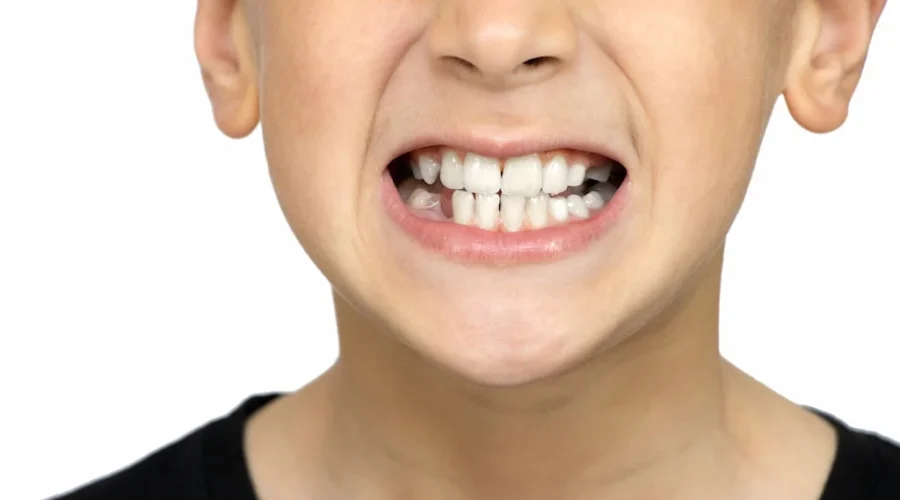Understanding Teeth Grinding
Teeth grinding, or bruxism, affects many individuals worldwide. This condition often occurs unconsciously during sleep, leading to various dental problems. Symptoms include jaw pain, headaches, and worn-down teeth. Traditional treatments involve mouthguards or stress management techniques. However, recent studies suggest Botox for teeth grinding management in Birmingham as a potential solution.
What is Botox?
Botox, derived from botulinum toxin, is widely known for cosmetic uses. It reduces wrinkles by paralyzing facial muscles. Interestingly, its muscle-relaxing properties also make it suitable for medical conditions. Botox is now gaining attention as a treatment for chronic migraines and muscle spasms. Could it be the answer for bruxism sufferers?
How Botox Treats Teeth Grinding
Botox targets the muscles responsible for teeth grinding. By injecting small amounts into the masseter muscle, it relaxes these overactive muscles. This reduces the pressure and grinding intensity. Many patients report significant relief after just one treatment. The effects typically last three to six months, requiring periodic follow-ups.
Benefits of Using Botox for Bruxism
The use of Botox for teeth grinding offers several advantages. First, it provides quick relief from pain and discomfort. Patients often experience a noticeable reduction in jaw tension and headaches. Secondly, it helps prevent further dental damage. By decreasing the grinding force, teeth are less likely to wear down or chip. Lastly, the procedure is minimally invasive, with minimal downtime.
Potential Side Effects and Risks
Despite its benefits, Botox is not without risks. Common side effects include bruising, swelling, and mild pain at the injection site. Some patients may experience temporary muscle weakness or difficulty chewing. It’s crucial to consult a qualified professional to minimize these risks. Long-term effects of repeated Botox use for bruxism are still under study.
Is Botox Right for You?
Determining if Botox is suitable for you involves several factors. A thorough dental examination and discussion of your medical history are essential. Not everyone is a candidate for this treatment. Those with certain neuromuscular conditions or allergies to botulinum toxin should avoid Botox. It’s also important to weigh the costs, as Botox treatments can be expensive and are often not covered by insurance.
Alternative Treatments for Teeth Grinding
Besides Botox, other treatments can help manage bruxism. Mouthguards or splints protect teeth and reduce grinding. Stress management techniques like yoga and meditation can alleviate symptoms. Cognitive-behavioral therapy (CBT) addresses underlying psychological factors. Additionally, muscle relaxants or anti-anxiety medications may be prescribed in severe cases.
Conclusion
Botox presents a promising option for those struggling with teeth grinding. It offers quick and effective relief, improving the quality of life for many patients. However, it’s essential to consider potential risks and consult with a healthcare professional. Explore all available treatments to find the best solution for your bruxism. Remember, a healthy smile begins with proper care and informed choices.
